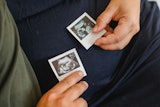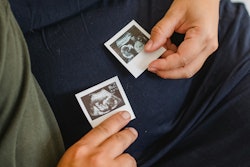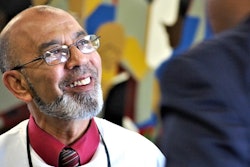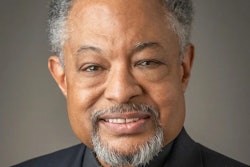DURHAM North Carolina
A neurosurgeon at an elite U.S. university has gathered several tons of medical equipment, some of which sat unused at the school’s medical facility, and is planning on donating it to a Ugandan hospital.
Dr. Michael Haglund, who works at Duke University Medical Center, decided to donate the equipment and supplies after he returned from a trip to a hospital in the Ugandan capital earlier this year where he found the facility woefully under-equipped.
On Saturday, he and a team from the private university will deliver more than nine tons of medical equipment and supplies worth roughly $1.2 million a sum that is worth a quarter of Kampala’s New Mulago Hospital’s yearly budget.
“We’re going to change the whole culture of medicine in Uganda,” Haglund said.
Haglund was stunned by what he found or didn’t find at New Mulago Hospital during his visit.
The facility had 1,500 beds, but only one ventilator. Doctors were still using ether, an anesthesia first used in the mid-1800s, and had no anesthesia monitors. Nurses listen with a stethoscope for blood pressure readings because they had no automatic cuffs.
Upon his return to North Carolina, he realized Duke’s hospital had plenty of the resources New Mulago needed, and the equipment and supplies were sitting unused in storage at one of three off-campus warehouses. So Haglund went on a scavenger hunt through the warehouses, tracking down unused surgical instrument trays, defibrillators and automatic blood pressure cuffs.
Haglund’s trip has also provided Duke a template for doing more with its used and surplus equipment than simply storing it in a warehouse and trying to sell it, sometimes for as little as pennies on the dollar.
Organized by Duke’s Global Health Institute, the school’s surplus medical equipment and supplies will now be tracked and prepared for donation. Haglund and others in Duke’s health system will easily be able to search for what’s available, apply for it and take it with them on projects overseas.
“He started telling us about his initiative and his trip,” said Jane Pleasants, Duke’s assistant vice president for procurement and supply chain management. “It became clear that we could combine individual efforts into one and really make a significant difference.”
Like many universities, Duke had a surplus retail store where they sold used furniture and other items. But the store could not keep up with the rate at which the university would send stuff into surplus.
Duke was spending hundreds of thousands of dollars each year to move and store medical and lab equipment, furniture and other items the university no longer needed, Pleasants said.
“Trying to resell our used items actually ended up costing us more,” Pleasants said.
The university closed the store in July and instead will donate the surplus equipment through the Global Health Institute program. The furniture and science lab equipment is given to nonprofit groups, schools and other colleges.
Haglund and his 28-person team plans to spend over a week at the Kampala hospital, performing surgeries and training staff on how to maintain and fix the equipment.
On the Net:
Duke Global Health P.L.U.S.: http://globalhealth.duke.edu/ghplus.html
REMEDY: https://www.remedyinc.org/
– Associated Press
© Copyright 2005 by DiverseEducation.com





















